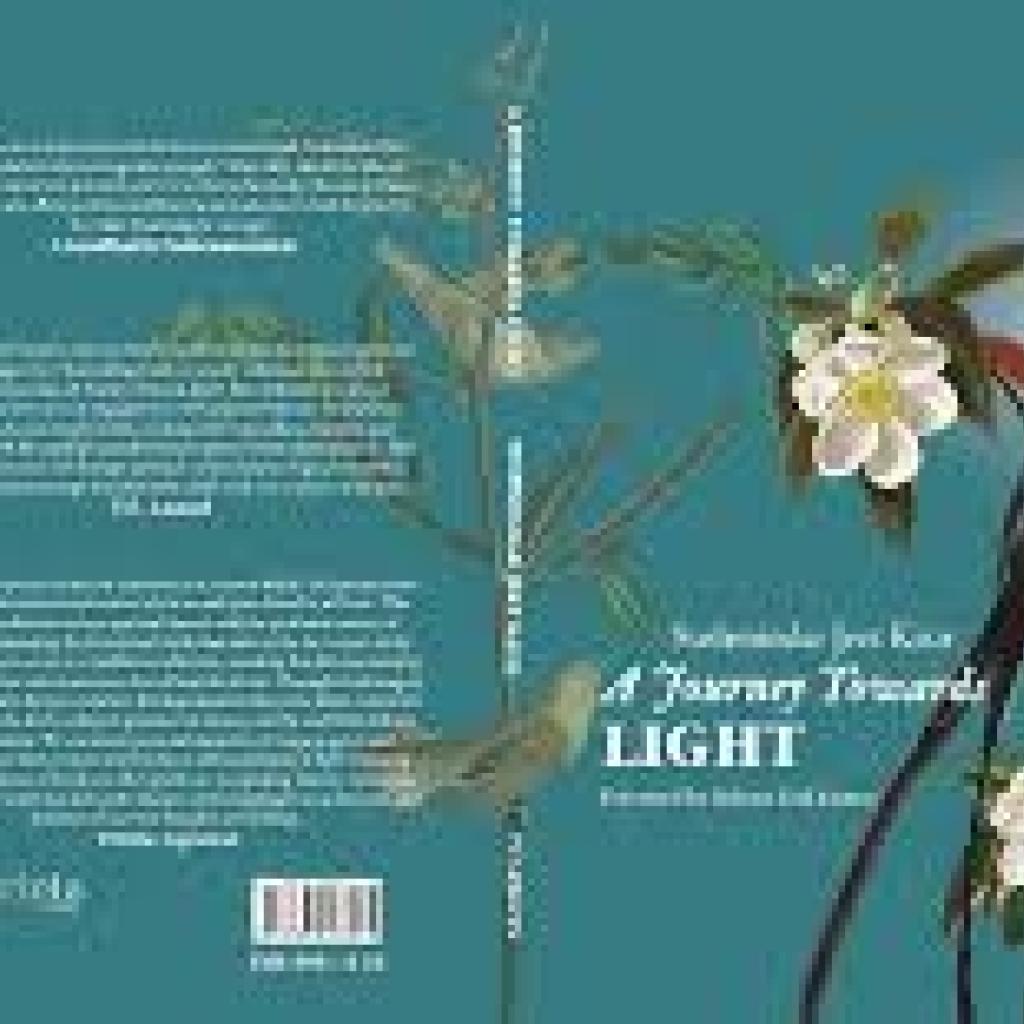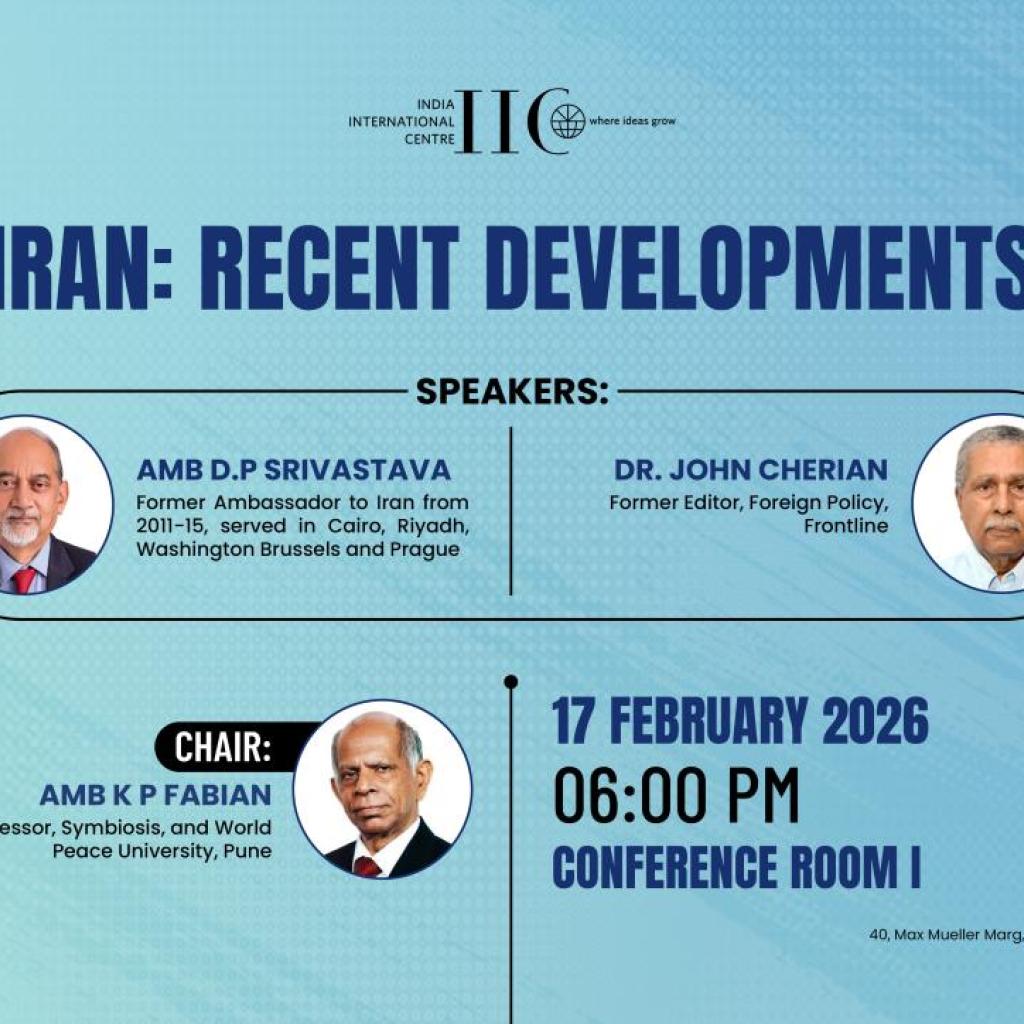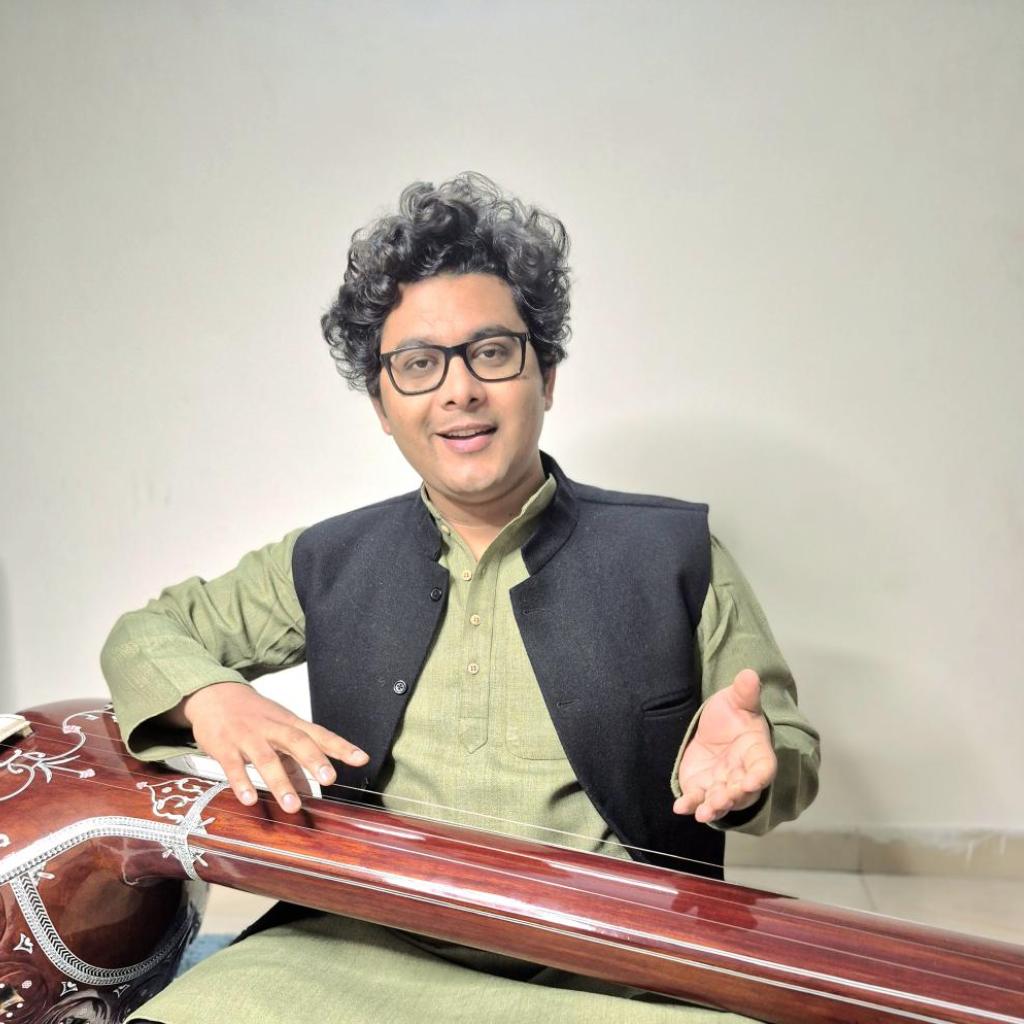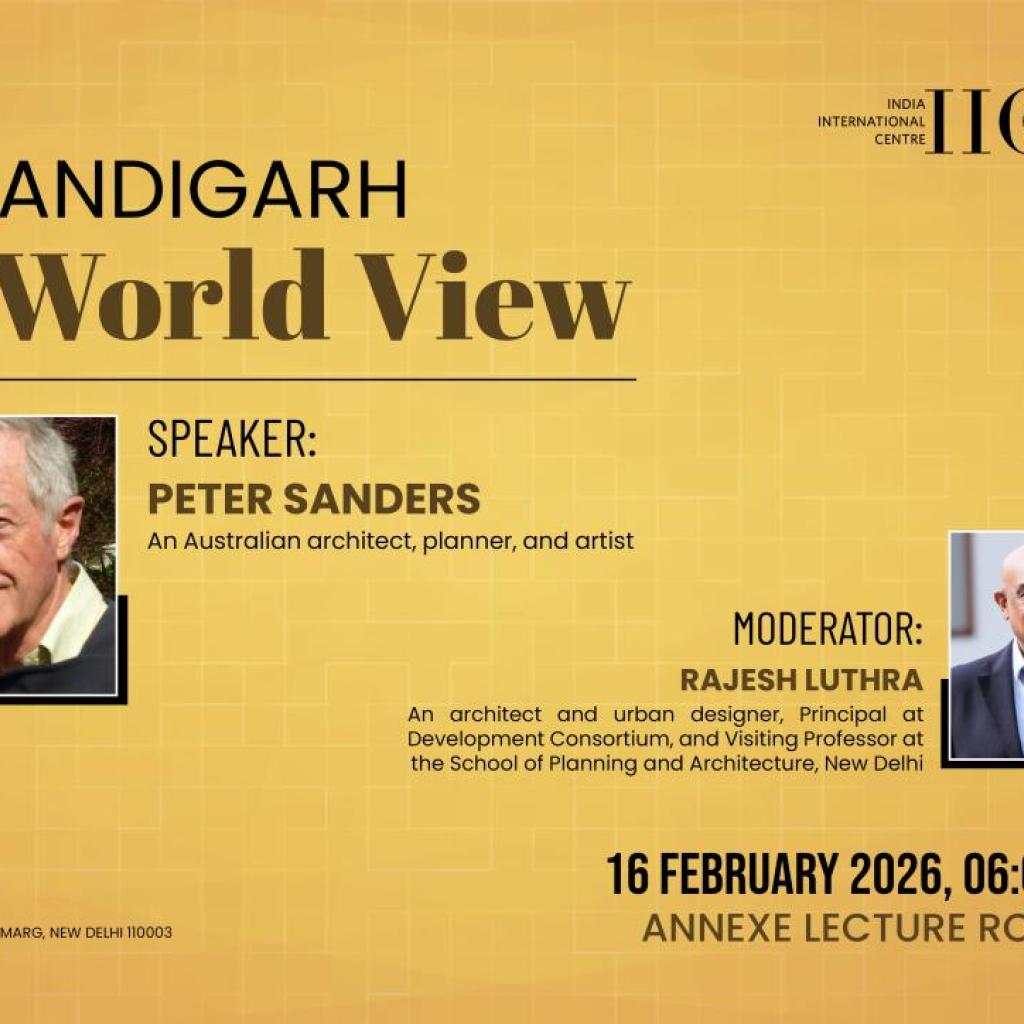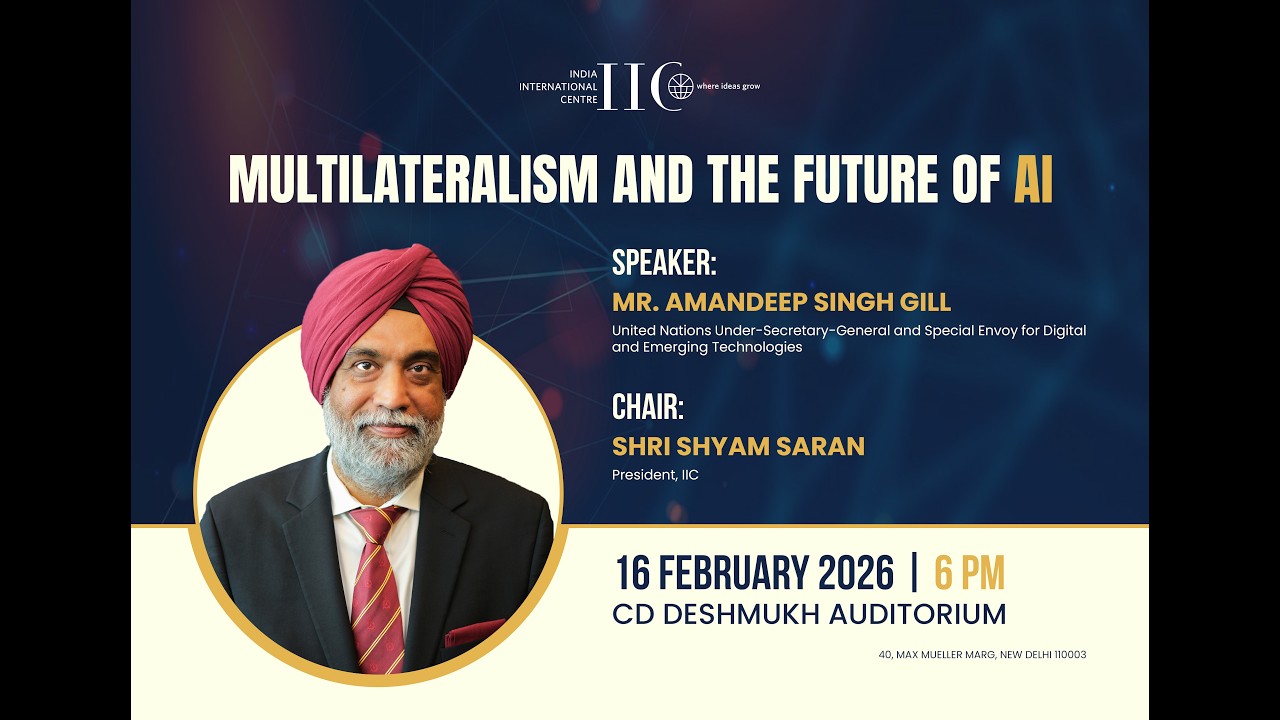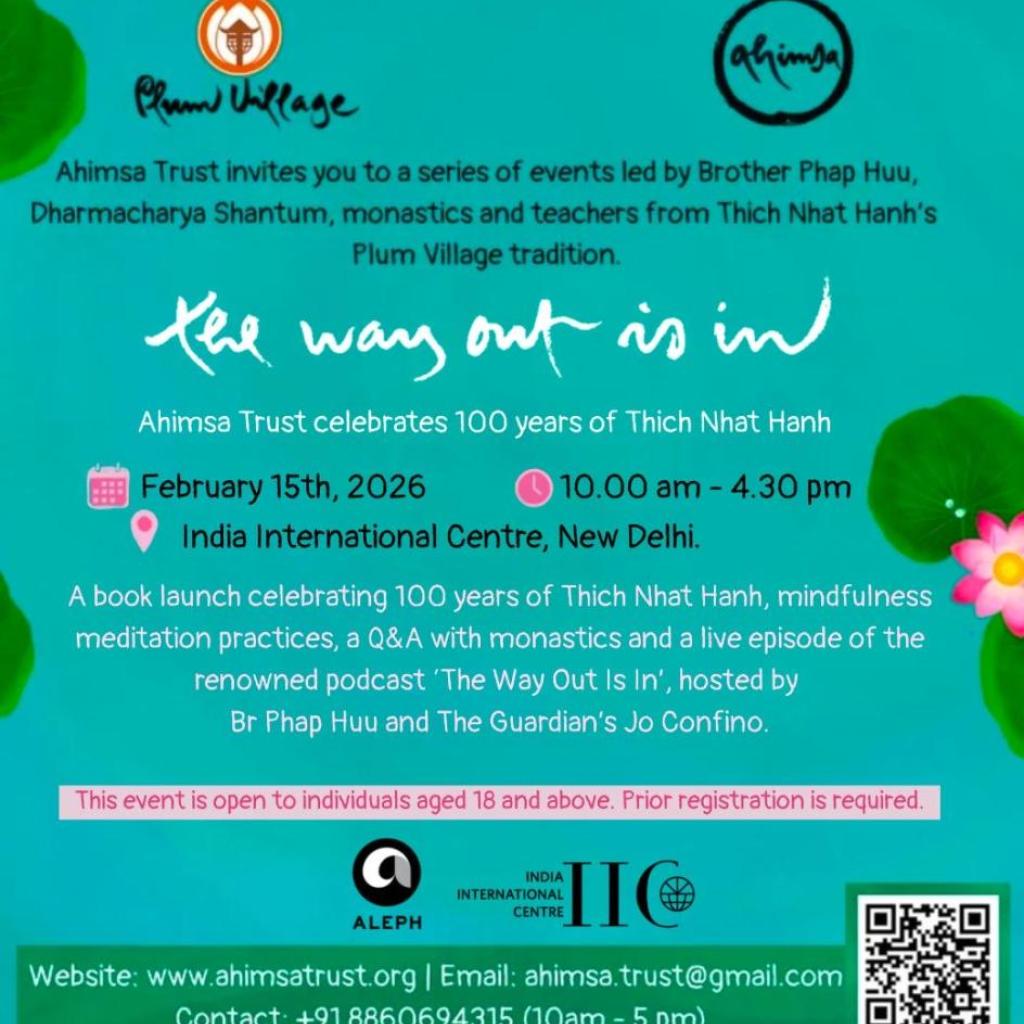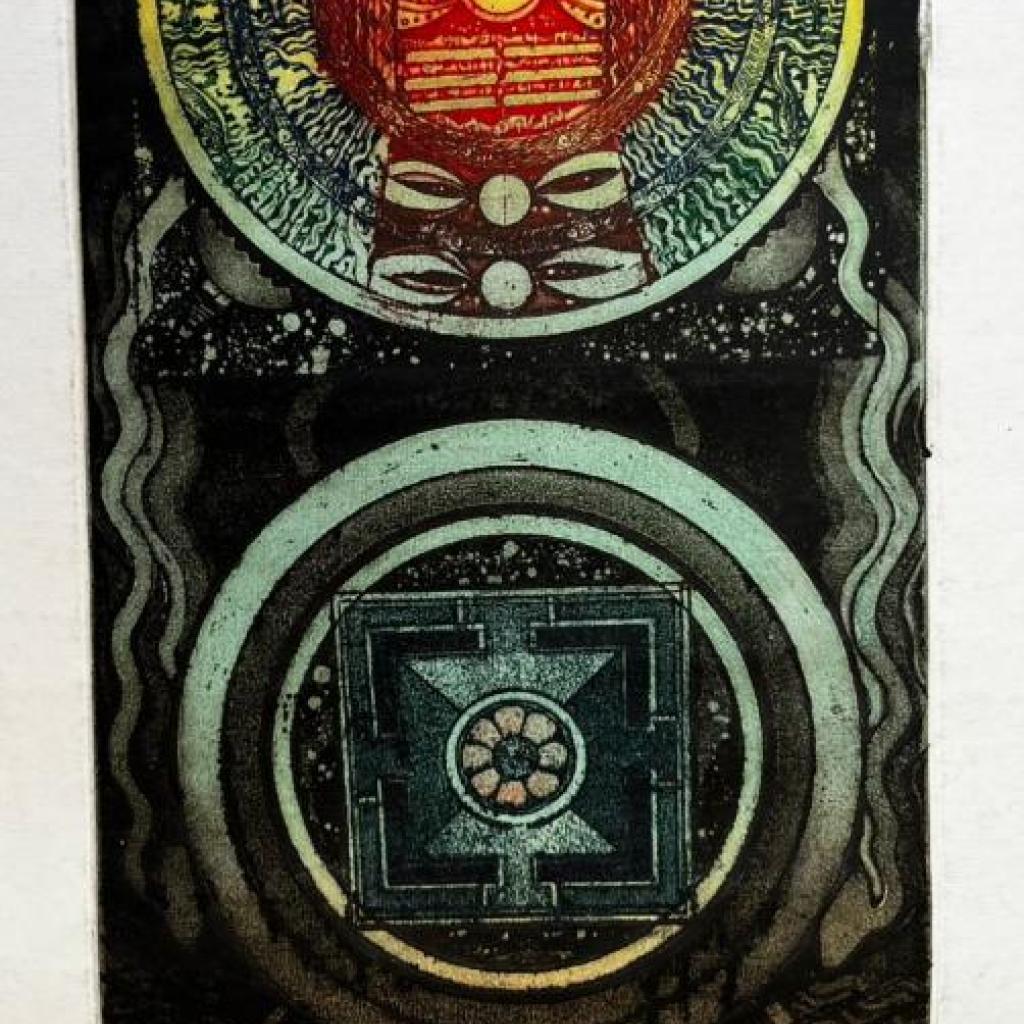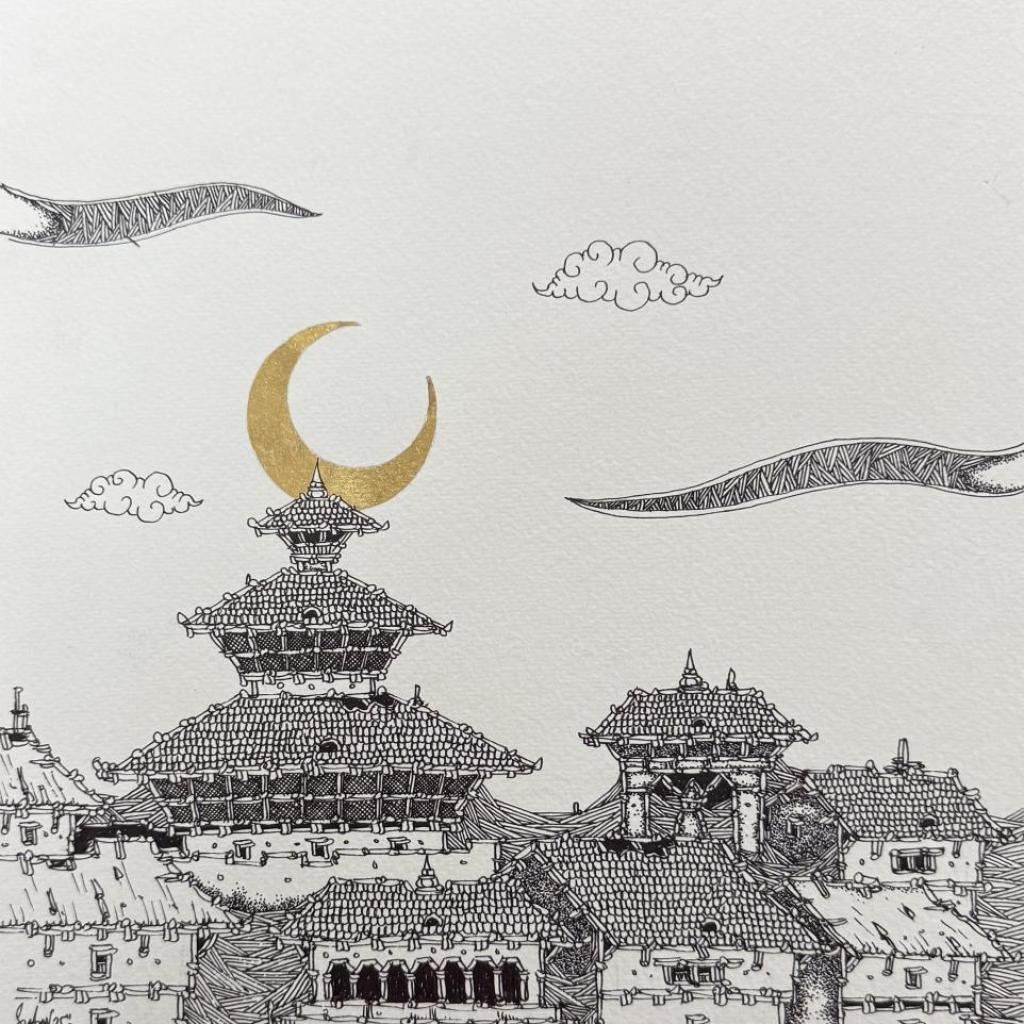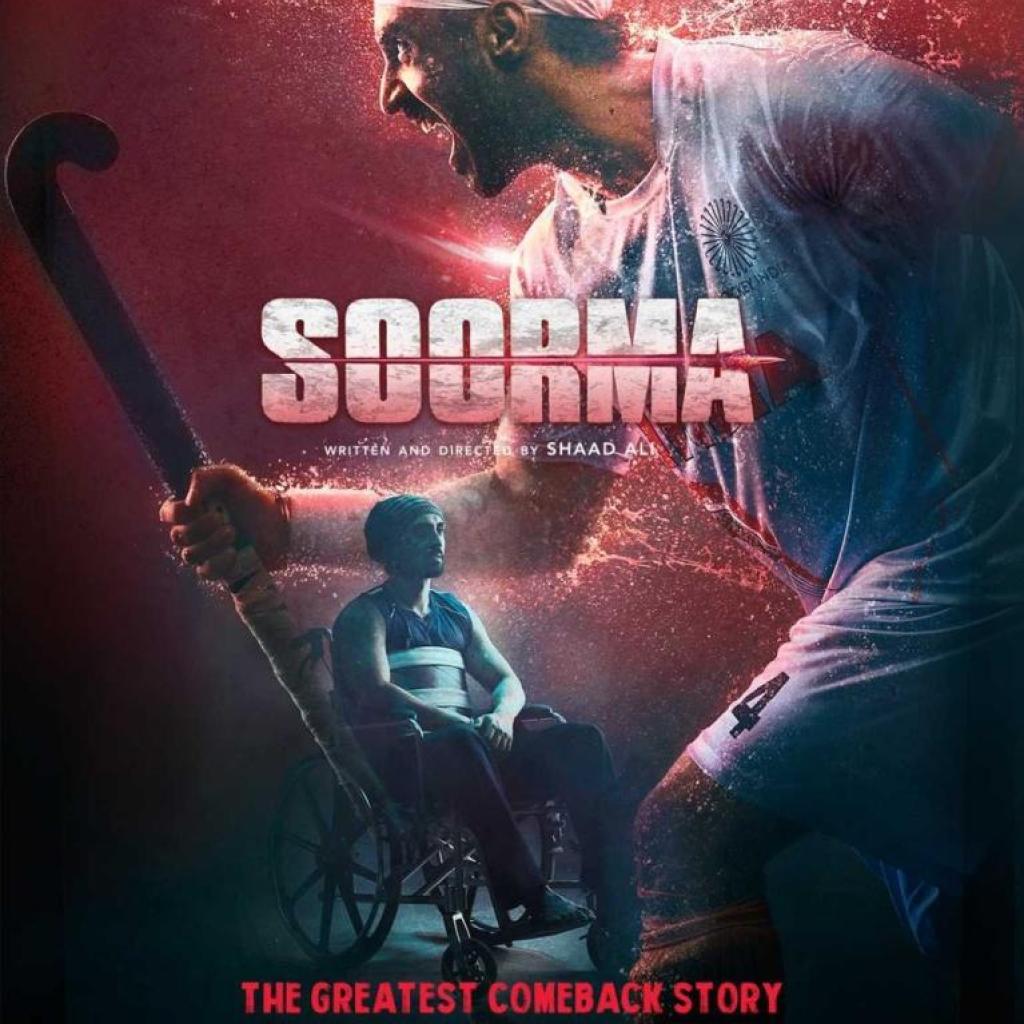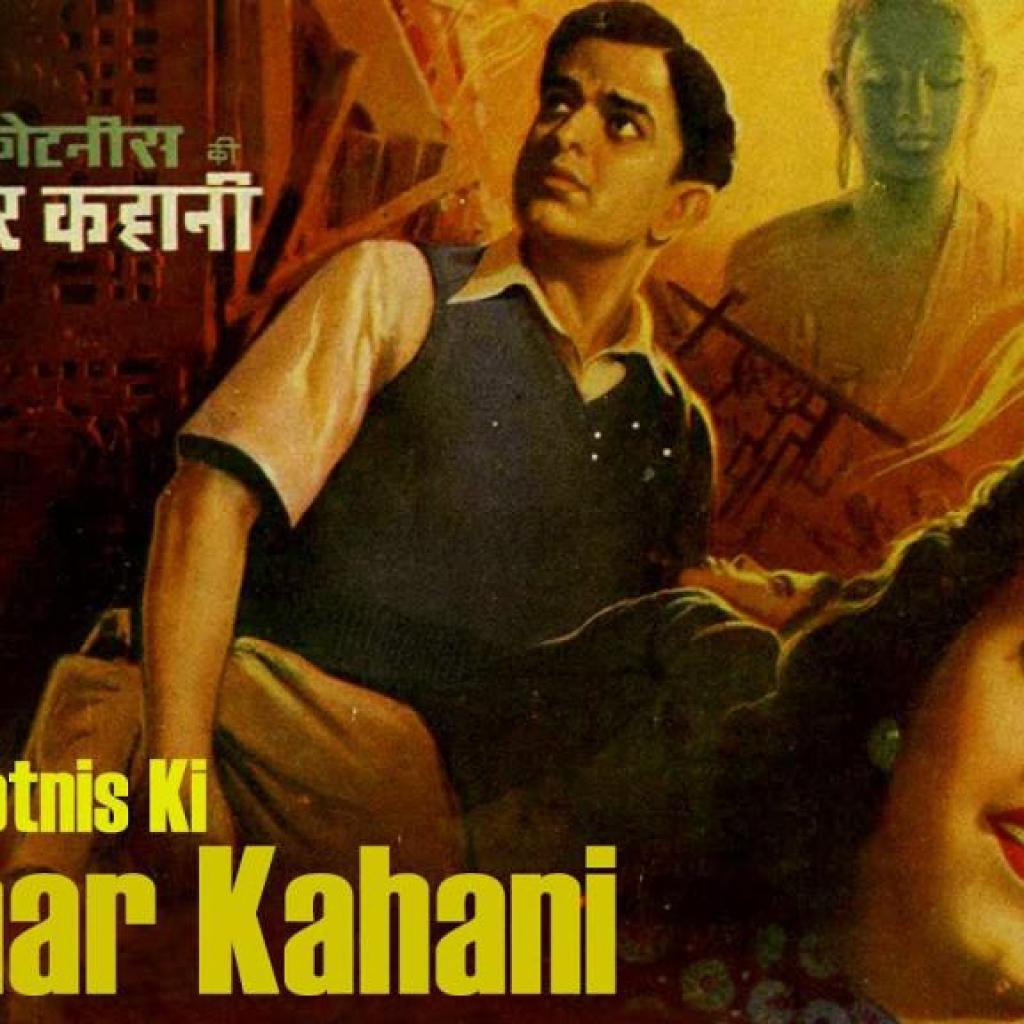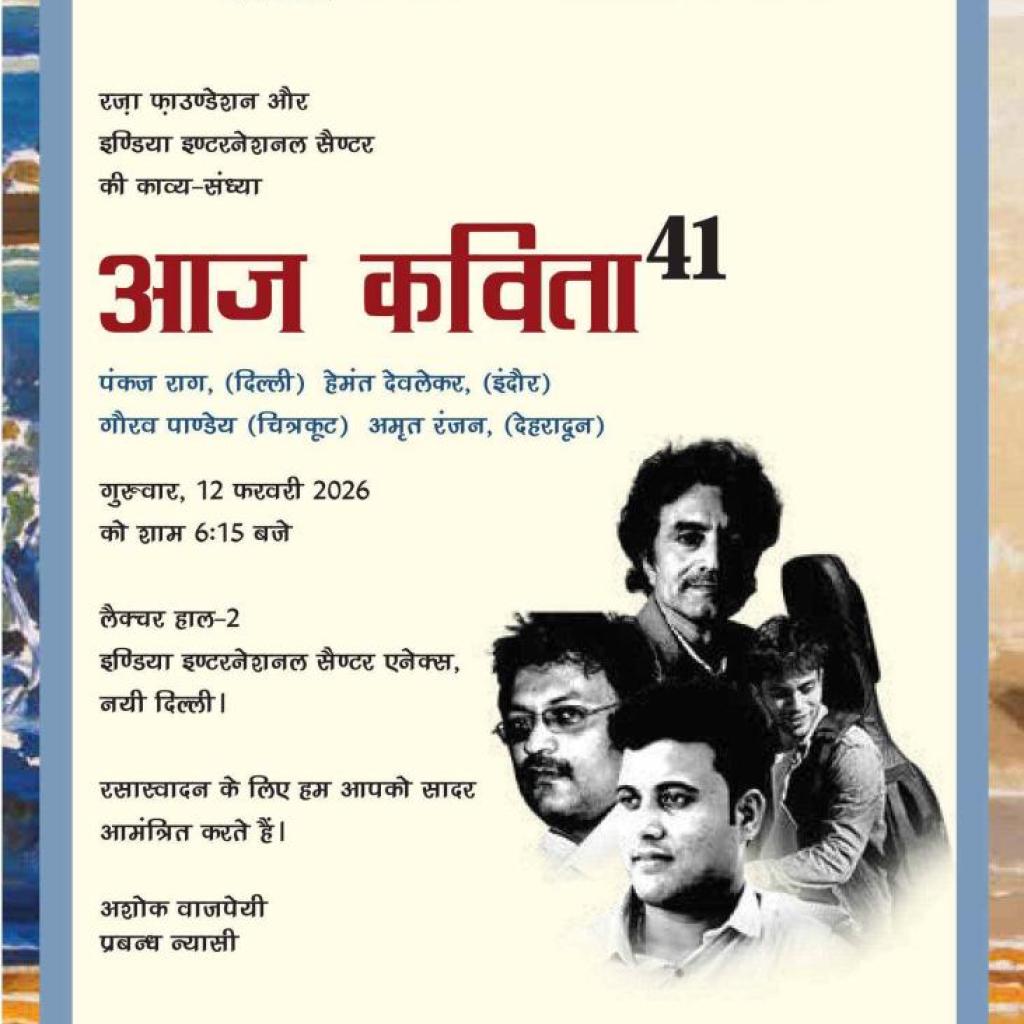Echoes of the Mandala
The exhibition unveils the reflections of Nepali artists, channelling their imagination through ingenious impressions in paintings that connects the ancient civilization of Nepal & India. These artworks masterfully capture the coexistence of the sacred and profane, inviting viewers to ponder the eternal fusion of tradition and modernity in a shared cultural tapestry.
Participating Artists : Ajit Shah Krishna Mahato , Balaram Nhisutu , Bidhyaman Tamang , Binod Pradhan , Chirag Bangdel , Hari Baidhya , Jeevan Rajopadhyay , Kailash Shrestha , Krishna Lama , Kunti Shree Thapa , Laya Mainali , Lok Chitrakar , Manasi Bhatt , Manish Shrestha , Mukti Singh Thapa , Narendra Malla , Naresh Sainju , Pramila Bajracharya , Prithivi Shrestha , Priyanka Singh Shrestha , Rabin Ghatuwa , Rajan Pant , Rajani Sinkhwal , Ranju Yadav , Rashmi Manandhar , S C Suman , Sagar Manandhar , Samjhana Rajbhandari , Sangee Shrestha , Seema Shah , Sujan Dangol , Sunil Ranjit , Sushma Shakya , Ujay Bajracharya , Uma Shankar Shah , Utsab Sthapit , Wang Lama, Prachanda Shakya.
Inauguration of the exhibition on 13 Feb at 16:30 hrs by Honorable Dr. Karan Singh
Guests of Honour: H.E Dr. Shankar Prasad Sharma, Ambassador of Nepal to India and Shyam Saran, President, IIC
(Collaboration: Nepal Embassy, BPKF, India, Everest Chamber of Commerce and Industry)

